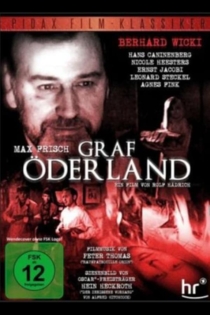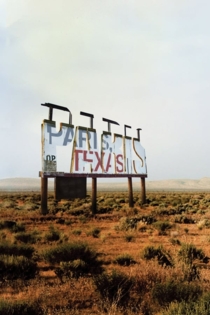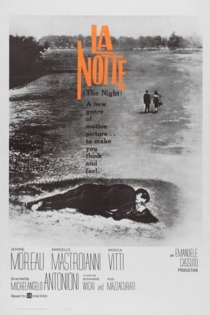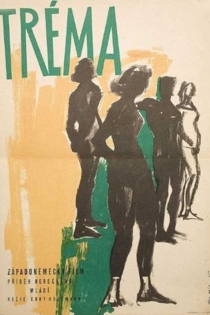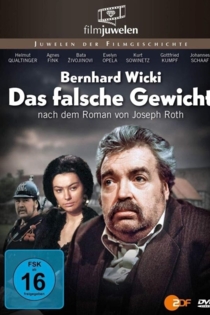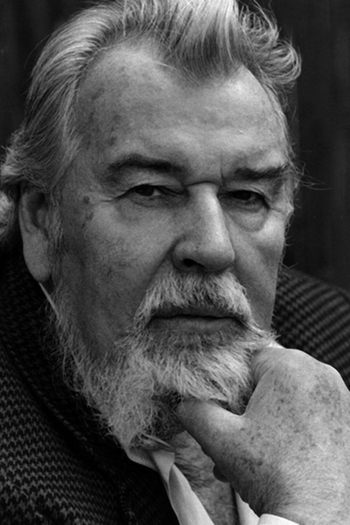
Bernhard Wicki
1919 - 2000Bernhard Wicki (28 October 1919 in St. Pölten, Austria - 5 January 2000 in Munich) was an Austrian actor and film director.
Wicki studied in the city of Breslau such topics as Art History, History und German Literature. In 1938, he transferred to the Schauspielschule des Staatlichen Schauspielhauses (drama school) in Berlin. In 1939, because of his membership in the Bündischen Jugend he was imprisoned for many months in the Sachsenhausen concentration camp. After his release he moved to Vienna, and then in 1944 to Switzerland.
After the end of World War II, he starred in many films, like Die letzte Brücke (1953) and Es geschah am 20. Juli (1955). He was also a photographer. His first attempt at directing came three years later with the documentary Warum sind sie gegen uns? (1958). He became internationally famous with his anti-war film of 1959 called Die Brücke. In 1961, he won the Silver Bear for Best Director at the 11th Berlin International Film Festival for his film The Miracle of Father Malachia.
After his death in 2001, a fund was started and named after him in Munich, the Bernhard Wicki Memorial Fund. Since 2002, it has awarded a film prize, The Bridge, considered a peace prize. A further prize was endowed in 2006 with 15,000 euros, a prize given in the city of Emden since 2000. He was a patron of the International Film Festival in Emden-Norderney which first started in 1990.
He first married Agnes Fink, a fellow acting colleague, and later married Elisabeth Endriss, also a colleague. In the documentary Verstörung - und eine Art von Poesie (June, 2007), Elisabeth Wicki-Endriss portrayed the life and work for Wicki.
He is buried at the Nymphenburger cemetery in Munich (grave number 4-1-23).
Description above from the Wikipedia article Bernhard Wicki, licensed under CC-BY-SA, full list of contributors on Wikipedia
Die Brücke
Bernhard Wicki
Folker Bohnet, Fritz Wepper
A group of German boys are ordered to protect a small bridge in their home village during the waning months of the second world war. Truckloads of defeated, cynical Wehrmacht soldiers flee the approaching American troops, but the boys, full of enthusiasm for the "blood and honor" Nazi ideology, stay to defend the useless bridge. The film is based on a West German anti-war novel of the same name, written by Gregor Dorfmeister.
The Bridge
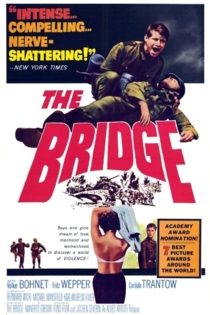
Die Grünstein-Variante
Bernhard Wicki
Klaus Schwarzkopf, Fred Düren
The plot revolves around three men waiting to be deported in a prison. To escape the monotony, they form chess pieces from their bread rations, with which they then play against each other. Grünstein, a Polish Jew, proves to be a real talent, because although he is a beginner, he manages to defeat even the experienced player Lodeck, a German sailor, with his "Grünstein Variant".
Die Grünstein-Variante
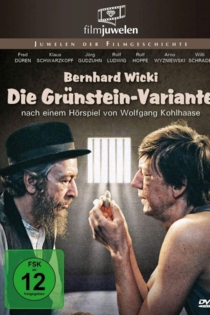
The Longest Day
Bernhard Wicki, Ken Annakin
Eddie Albert, Paul Anka
The retelling of June 6, 1944, from the perspectives of the Germans, US, British, Canadians, and the Free French. Marshall Erwin Rommel, touring the defenses being established as part of the Reich's Atlantic Wall, notes to his officers that when the Allied invasion comes they must be stopped on the beach. "For the Allies as well as the Germans, it will be the longest day"
The Longest Day
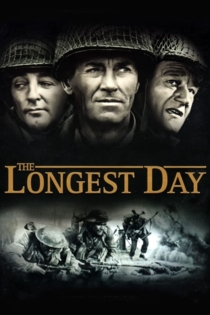
Die Eroberung der Zitadelle
Bernhard Wicki
András Fricsay, Antonia Reininghaus
While on an automobile tour of Italy with his mother, the German publisher in this story has an accident which results in her death. He decides to stay and look for work in Italy, rather than return to his responsibilities, and takes a job working on a construction site. His co-workers are similarly displaced men: one is a Greek exile, the other a Basque terrorist. The elaborate house they are working on is to be the home of a wealthy local man.
Die Eroberung der Zitadelle

